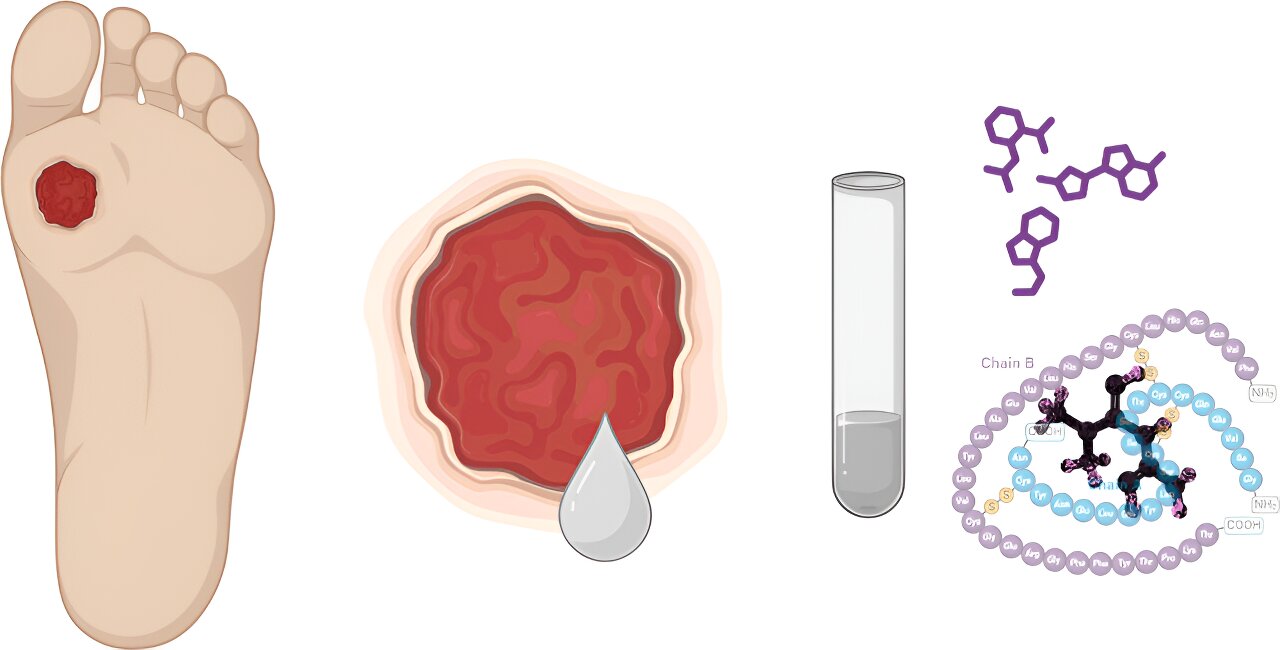Mount Sinai researchers have published a study that shows a link between prediabetes among young people and adverse pregnancy outcomes later in life. The findings, published in JAMA Network Open on September 24, could alter how doctors routinely screen or counsel youth on blood glucose levels, and subsequently, minimize potential maternal and neonatal risks.
Prediabetes is a serious health condition that occurs when blood sugar levels are higher than normal but not high enough to be diagnosed as type 2 diabetes, or persistently high blood sugar levels. Prediabetes can increase risks for heart disease and stroke, and disproportionally burdens Hispanic, Black, and low-income individuals. The prediabetes rate among youth in the United States has doubled in the last decade to nearly one in three aged 12 to 19 years, according to JAMA Pediatrics.
In their new study, Mount Sinai researchers examined the significance of prediabetes prior to conception among adolescents and young adults, a group that is most at risk of unplanned pregnancy and least likely to benefit from preconception health counseling.
The retrospective cohort study of more than 14,000 people between ages 10 and 24 years was generated by linking New York City birth registry, hospital discharge, and A1C Registry data between 2009 and 2017. The study included individuals who had no history of diabetes and at least one hemoglobin A1c (HbA1c) test prior to first birth. The researchers found that preconception prediabetes was associated with more than twice the likelihood of gestational diabetes at future first birth. The experts discovered that prediabetes during youth and adolescence could result in an 18 percent increased risk of hypertensive disorders during pregnancy, such as gestational hypertension and preeclampsia, or preterm delivery.
The study also assessed what level of hemoglobin A1c, a measure of a person’s average blood sugar level over the prior three months, was most predictive of gestational diabetes at first birth among adolescents and young adults. The optimal threshold was slightly lower for young people than that used for adults (5.6 percent vs. 5.7 percent). Overall, the study results support the need to establish clear clinical guidance on how to screen and counsel young people who currently have elevated blood glucose levels without other risk factors, the researchers said.
“The lack of uniform preconception prediabetes treatment guidelines for adolescents may represent a missed opportunity to avert pregnancy-related complications,” said corresponding author Katharine McCarthy, PhD, MPH, Assistant Professor of Population Health Science and Policy, and Obstetrics, Gynecology and Reproductive Science at the Icahn School of Medicine at Mount Sinai. “Our results support expanded preconception hemoglobin A1c screening as a mechanism to intervene on excess cardiometabolic risk earlier in the life course.”
The experts will next investigate potential school policies and interventions that could reduce risks for heart and metabolism-related conditions in adolescence and may benefit pregnancy and health outcomes across the lifespan.
Researchers from the Columbia University Mailman School of Public Health, the NYC Department of Health and Mental Hygiene, and the Department of Maternal and Fetal Medicine at Stamford Hospital contributed to this study. The research was supported by grants (R01DK134725, R21DK122266 and UL1TR004419) from the National Institutes of Health.

